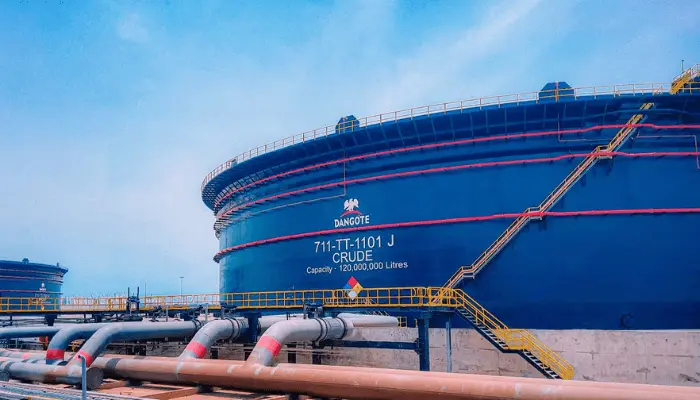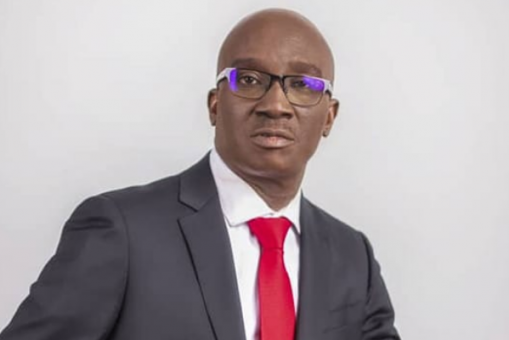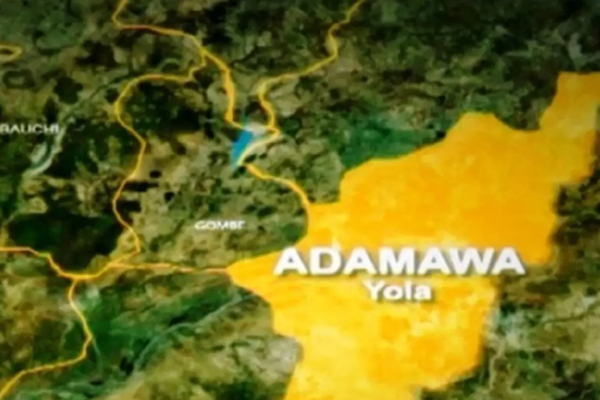Oil marketers and industry stakeholders have raised concerns about the pricing of Premium Motor Spirit (PMS) produced by the Dangote Refinery, following its release by the Nigerian National Petroleum Company (NNPC) Limited. On Monday, NNPC announced that the price of PMS from the refinery would exceed ₦1,000 per liter in parts of the north, with the lowest price set at ₦950 per liter in Lagos. This pricing has triggered debate over the competitiveness of locally refined fuel compared to imported products.
The NNPC stated that the PMS from the refinery was paid for in U.S. dollars, with naira transactions expected to commence in October. The company also assured that any discount from Dangote would be passed on to the public. However, the Dangote Group has disputed NNPC's claim that it sold the product at ₦898 per liter, calling the assertion "misleading."
Industry experts and oil marketers argue that the high price of Dangote's fuel could encourage the continued importation of petrol into Nigeria, potentially driving prices as high as ₦1,200 per liter in some areas. This disparity between imported and locally refined fuel could lead to a situation where consumers are left choosing between cheaper fuel with long queues and more expensive but readily available fuel.
The Independent Petroleum Marketers Association of Nigeria (IPMAN) expressed concerns over the lack of competitive pricing, warning that selling locally produced fuel at a higher price than imported products undermines the nation's push for energy self-sufficiency.
Further complicating matters, the role of NNPC as the sole buyer (off-taker) of Dangote's fuel has drawn criticism from stakeholders, including the Organised Private Sector (OPS), who argue that this monopolistic arrangement contradicts the principles of a deregulated market. They are calling for more transparency in pricing and competition among buyers to create a fairer fuel market.
Billy Gillis-Harry, President of the Petroleum Products Retail Outlets Owners Association of Nigeria (PETROAN), described the pricing as "terrifying" but welcomed the transparency in NNPC's price breakdown. He urged for minimal importation of fuel and for efforts to stabilize local supply from Dangote.
The Lagos Chamber of Commerce and Industry (LCCI) also noted that while independent marketers are free to purchase Dangote's fuel, they may struggle to compete with NNPC's prices. LCCI called for more clarity in fuel pricing mechanisms and urged for the completion of the Port Harcourt Refinery to foster competition among local refineries.
As the debate over fuel pricing continues, stakeholders are pushing for solutions that would ensure affordable fuel prices for Nigerians while promoting local production and energy security.




